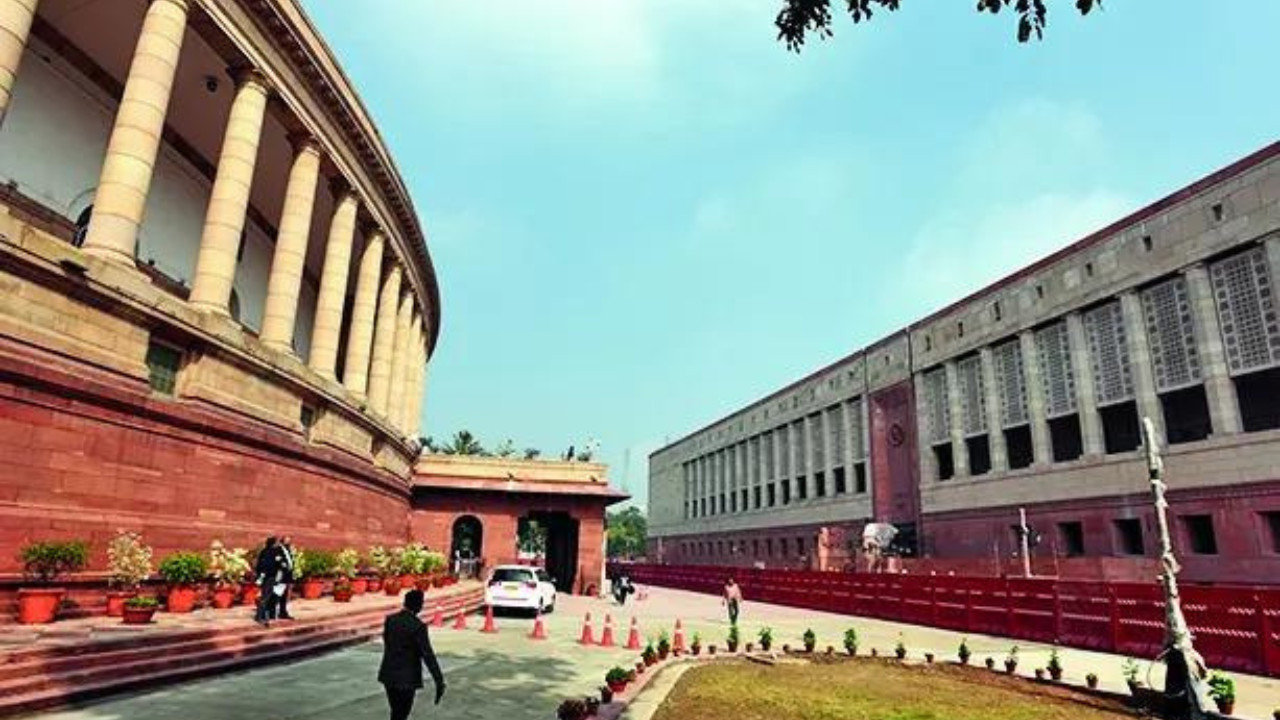The Digital India Act: Are We on the Verge of a Tech Revolution?
The buzz around India’s tech landscape is about to get louder. Whispers have turned into a roar as the government prepares to table a revised version of the Information Technology (IT) Act during the monsoon session of Parliament. This isn’t just a tweak; it’s potentially a seismic shift. The current IT Act, a relic of the year 2000, feels increasingly like a horse-drawn carriage navigating a Formula 1 racetrack. The digital world has exploded in complexity and scale, leaving the original legislation struggling to keep pace.
So, what can we expect? The new iteration, possibly named the Digital India Act, aims to address the challenges and opportunities presented by the modern digital ecosystem. Expect a renewed focus on crucial areas like cybersecurity, data privacy, and the regulation of emerging technologies.
Why Now? The Urgency Behind Updating Tech Laws
Imagine trying to manage a city’s traffic flow with rules designed for a village. That’s essentially what we’ve been doing with the IT Act. The digital realm has become intrinsic to our lives. From e-commerce and social media to AI and the Internet of Things (IoT), technology permeates every facet of Indian society.
The existing law simply doesn’t have the teeth – or the scope – to effectively address contemporary challenges like sophisticated cyberattacks, the spread of misinformation, or the ethical considerations surrounding artificial intelligence. The need for an updated framework is not just desirable, it’s absolutely essential for ensuring a safe, secure, and innovative digital future for India. This move signals a proactive approach, aiming to future-proof India’s digital infrastructure and protect its citizens.
Key Focus Areas: What Changes are Expected?
While the exact details are still under wraps, hints and indications suggest a strong emphasis on several key areas within the Digital India Act:
* Cybersecurity: In an age of increasing cyber threats, strengthening cybersecurity defenses is paramount. Expect provisions that mandate enhanced security protocols for businesses and critical infrastructure, along with stricter penalties for cybercriminals.
* Data Privacy: Data is the new oil, and its protection is vital. The revised bill will likely incorporate robust data protection measures, aligning with global best practices and ensuring individuals have greater control over their personal data.
* Regulation of Emerging Technologies: AI, blockchain, and IoT are transforming industries, but they also raise complex ethical and legal questions. The Digital India Act is expected to provide a framework for responsible innovation in these areas, balancing progress with safeguards.
* E-commerce and Digital Payments: The explosion of online shopping and digital transactions requires a modern regulatory approach. Expect updates to address issues like consumer protection, data security, and fair competition in the digital marketplace.
* Social Media Accountability: Misinformation and harmful content on social media platforms have become a major concern. The new Act could introduce measures to hold social media companies more accountable for the content hosted on their platforms, while respecting freedom of expression.

Impact on Businesses and Citizens
The Digital India Act has the potential to reshape the digital landscape for both businesses and individual citizens. For businesses, compliance with new regulations may require investments in cybersecurity, data privacy, and ethical AI development. However, it could also create new opportunities for innovation and growth by providing a clear and predictable legal framework.
For citizens, the Act could mean greater protection against cyber threats, enhanced data privacy, and a more accountable digital environment. It also has the potential to boost digital literacy and inclusion, ensuring that all Indians can participate in and benefit from the digital economy. It is crucial to have a reliable internet service to reap the benefits of the Digital India Act, similar to what is available through services like JioFiber.
The Road Ahead: Challenges and Opportunities
The journey to a new IT Act is unlikely to be smooth. There will be challenges in balancing innovation with regulation, protecting individual rights while ensuring national security, and harmonizing Indian laws with international standards. Striking the right balance will be critical to the success of the Digital India Act.
However, the potential rewards are immense. A modern, effective IT Act could unlock India’s digital potential, fostering innovation, attracting investment, and creating jobs. It could also enhance India’s position as a global leader in the digital economy.
Conclusion: Embracing the Digital Future
The upcoming tabling of the revised IT Act marks a pivotal moment for India’s digital transformation. The Digital India Act could establish a strong foundation for a safe, secure, and thriving digital ecosystem. It’s a chance to address the challenges of today and pave the way for the innovations of tomorrow. By embracing a forward-thinking approach to digital regulation, India can unlock its full potential in the digital age and empower its citizens and businesses to thrive in an increasingly connected world.







